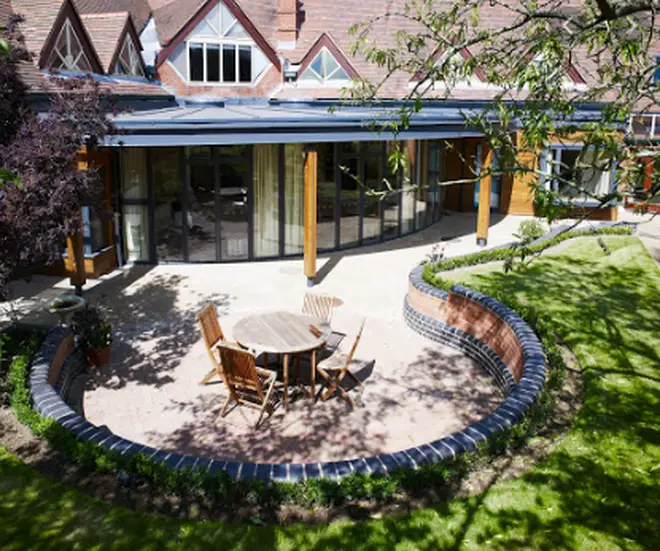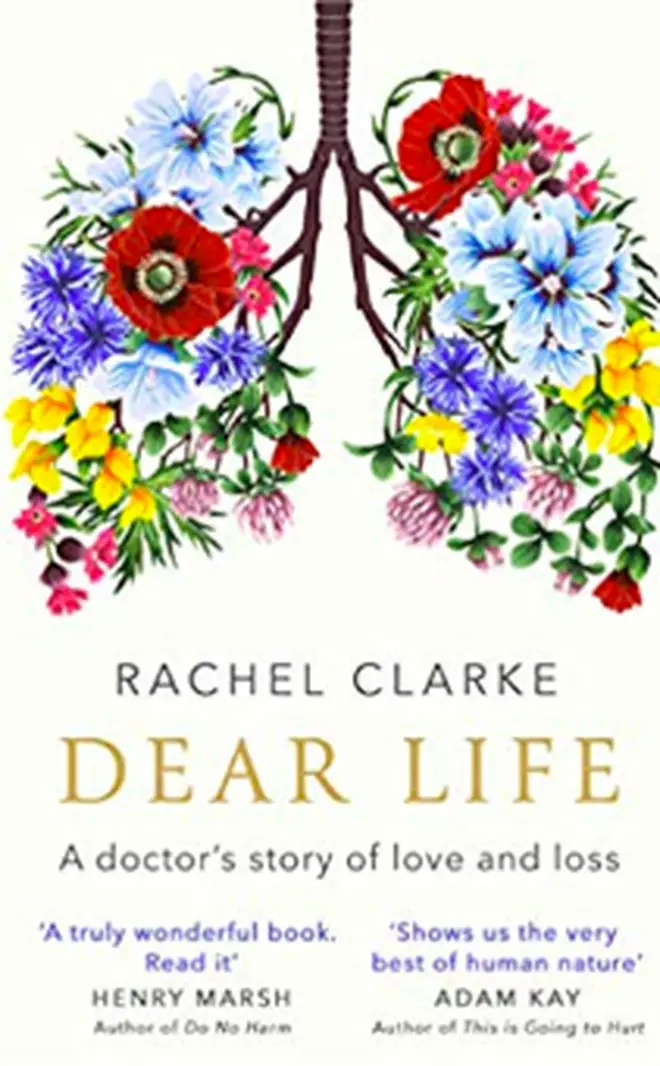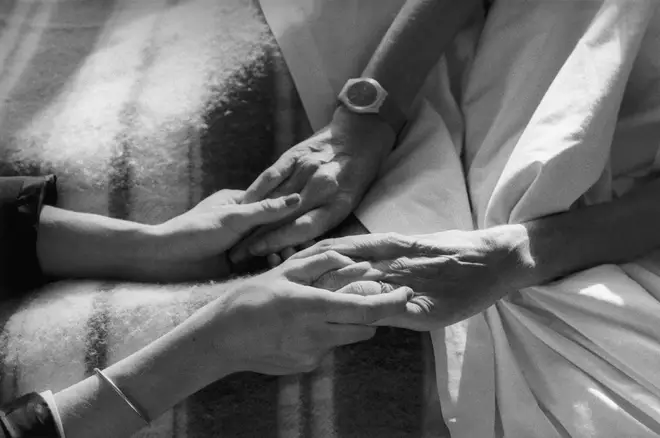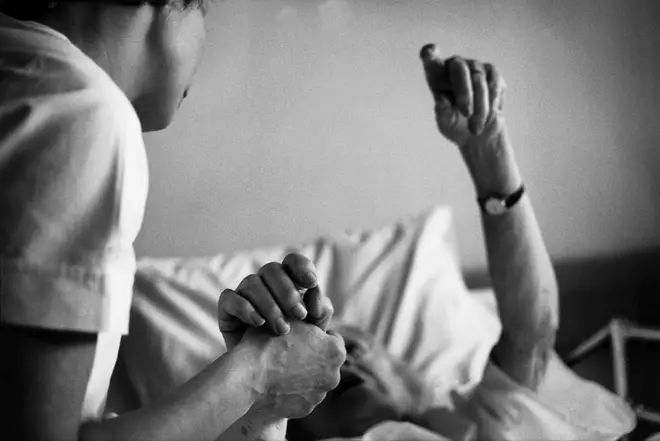Hospice doctor says some patients feel relief as she talks to them about death
15 February 2020, 15:56 | Updated: 15 February 2020, 16:47

A hospice doctor has shared her experiences of working in a hospice in a fascinating new book.
While talking about death is often considered taboo, Rachel Clarke, a pallative care doctor at Katherine House in Banbury, Oxfordshire, insists some patients are actually relieved when she asks if they want to discuss it.
She says: "A good day, for me, in the hospice, is one in which I feel we have helped someone die with comfort and dignity intact.
"But infinitely preferable are the days when we have helped a dying patient live – be that basking in a bath filled with insanely priced bubblebath, stroking the family Labrador, saying a rushed but no less momentous “I do” from a wheelchair decked in flowers in the hospice chapel, or watching gold finches gleam in the trees outside."
Read more: Duchess of Cambridge praises 'amazing granny' in first podcast interview

In her new book, Dear Life: A Doctor's Experience of Love and Loss - which has been serialised in The Daily Mirror - Rachel recalls a conversation with a dying man in his sixties called Simon who had a large tumour in his neck.
She writes: "'One of the things I’ve noticed working here is how often patients feel unable to ask about the thing they’re most preoccupied with, which is what it’s going to be like when they die – and I wonder whether this is something you’d like to talk about?
"I saw horror distort (his daughter) Sophie’s face, as though I’d trespassed somewhere no doctor should tread; but her father, if anything, looked relieved.
"'Go on,' he replied.
“'OK...we tend to see the same patterns in people with cancer who are approaching the end of life. One of the first things many patients notice is losing their strength, their energy. I’m guessing you’re already aware of that?'
"A rueful roll of the eyes. 'No kidding.'
“'That loss of energy gradually worsens. You might find you need a nap most days, more than one, probably. Then, one day, you realise you’re sleeping more than you’re awake. It’s not painful or horrible, it’s just immensely frustrating. Patients can find it helps to try and plan in advance a bit, saving up their energy for the things that really matter.'”
Simon agrees, telling Rachel he wants to preserve energy to see his grandson.

Kind-hearted Rachel recalls the time she convinced a 96-year-old lady called Dorothy to enjoy a final bridge session with her friends.
Initially the lady dismissed Rachel's idea as she was certain she wouldn't be alive on her traditional Thursday meet-up.
But Rachel calmly insisted she should aim to go. And she did.
Rachel fondly remembers their chat afterwards.
"When I arrived at her bedside to hear all about her trip, Dorothy bemoaned her poor form. 'I simply
wasn’t as sharp as usual,' she lamented. I raised an eyebrow. 'To be fair, Dorothy, no one else around the table had the excuse that they were dying,' I observed. 'Did anyone else seem to mind?' A mischievous grin, a twinkle in her eye, and then, finally, I was liberated from the dunce’s corner with the words: 'Dr Clarke, it was magnificent.'"
DEAR LIFE: A Doctor’s Story of Love and Loss by Rachel Clarke is published by Little, Brown at £16.99.


































